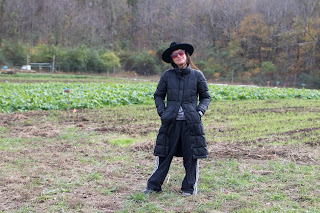Lower School News - Emotional Intelligence

Can we teach emotional intelligence to our students? Yes, we can. In fact, you as a parent are teaching your child emotional intelligence from birth. The moment you hold your baby and soothe him when he cries, you are teaching him to calm down after being upset. You teach emotional intelligence in everything you do with your child, and you are the first teacher. Emotional intelligence is a skill that can be learned and practiced. It is the ability to understand what we feel and how other people feel. It is the realization that emotions matter and attaining the ability to manage them. Emotional intelligence is as essential for success in life as academic skills are. We teach emotional intelligence to our students in four steps: Self-awareness: We teach the child to identify what she is feeling and understand that what she is feeling impacts her responses, e.g.; “I noticed you are getting upset about....” Every emotion has its place. Every emotion is an important me





